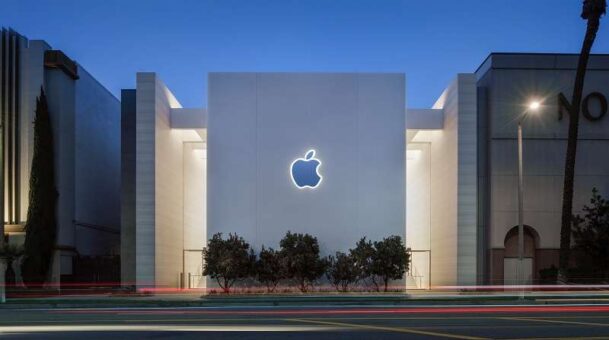Japan is set to enforce new regulations requiring Apple to allow non-WebKit browser engines on iOS, joining the European Union’s push for greater platform openness.
The move comes under Japan’s newly introduced Smartphone Act, which will go into effect by December 2025.
Much like the EU’s Digital Markets Act, Japan’s law aims to prevent Apple from restricting third-party browsers on iPhones and iPads. Currently, all iOS browsers must use Apple’s WebKit engine — even competitors like Chrome and Firefox. Under the new rules, Apple will be banned from blocking or hindering alternative browser engines, marking a significant shift in how iOS handles competition.
The Smartphone Act goes further, mandating that Apple cannot impose practices that would make third-party browser engines impractical or commercially unviable. This clause targets the possibility of Apple technically complying with the law while making development so difficult that little would change for users or developers.
To ensure a level playing field, Apple must also provide equal API access to all browser engines. While Apple may offer additional APIs, they must not be inferior to those used by Safari and WebKit, ensuring developers can build competitive alternatives.
In addition, the law requires Apple to implement a browser choice screen that appears “promptly after the first activation” of any new device. This feature will allow users to select their preferred browser from the start, rather than defaulting to Safari.
Japan’s move underscores a growing global trend toward greater digital market competition, particularly in mobile ecosystems. By opening the iOS browser environment, regulators hope to foster innovation and give users more freedom of choice.
As the Smartphone Act deadline approaches, all eyes will be on how Apple adapts its iOS platform in Japan — and whether similar laws will follow in other major markets.
